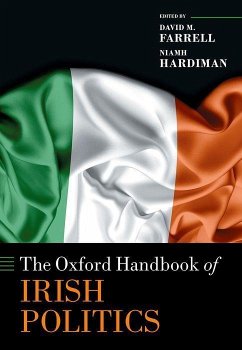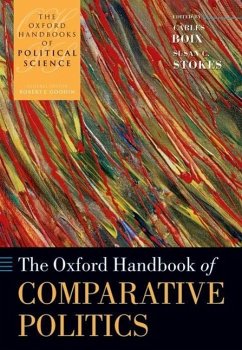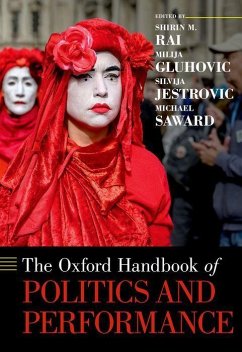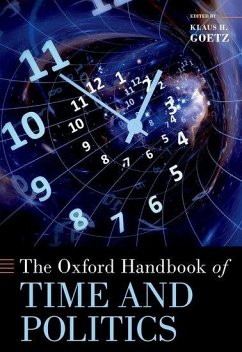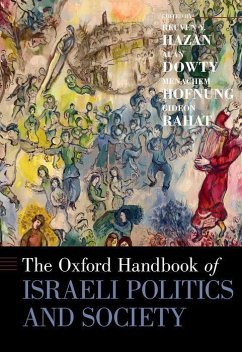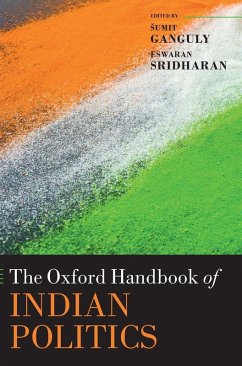Nicht lieferbar
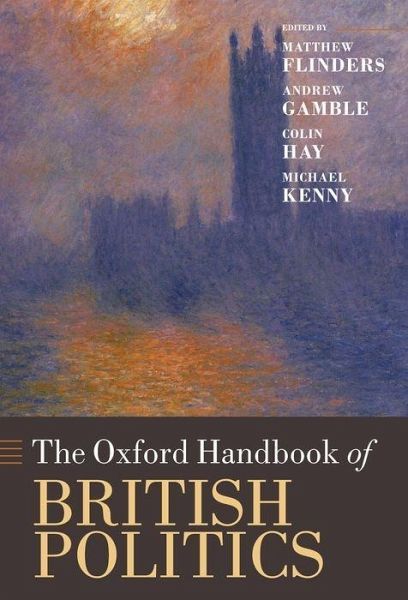
The Oxford Handbook of British Politics
Versandkostenfrei!
Nicht lieferbar
The Oxford Handbook of British Politics provides the most sophisticated and up-to-date analysis of British politics to date. Essential for all those working in the area.




